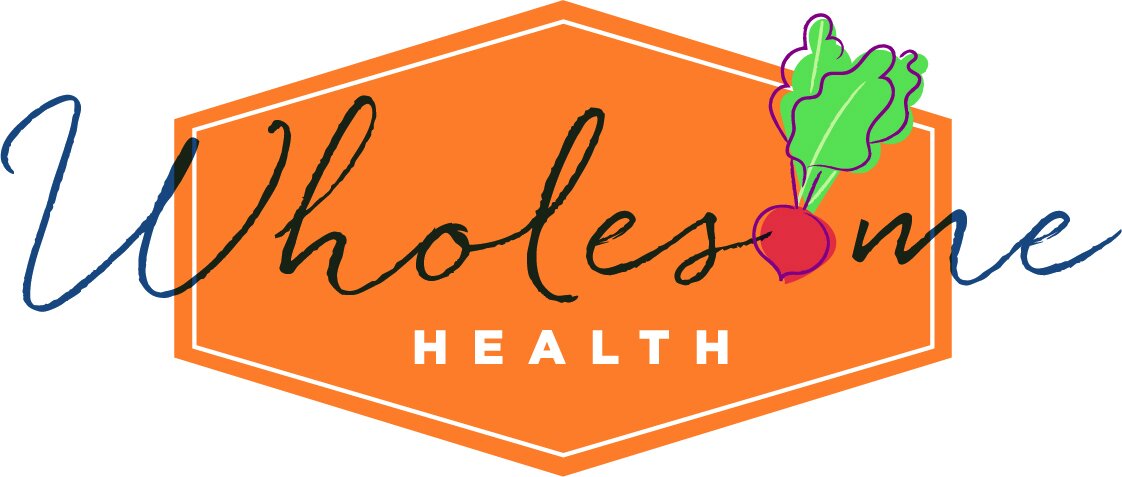Diets 101: Vegetarian
Welcome back for another post in my Diet Series! Today I’m focusing on the vegetarian diet. Many people avoid eating meat for various reasons. Though it may be challenging to give up meat, there are several great alternatives these days. Read on to learn about the different types of vegetarian diets, the health benefits, how to ensure you are eating a balanced diet, and the financial and environmental benefits.
Types of vegetarian diets
Did you know there are actually four types of vegetarian diets? They are:
| Diet | Dairy | Eggs | Fish | Meat and Poultry |
|---|---|---|---|---|
| Lacto-vegetarian | ✅ Yes | ❌ No | ❌ No | ❌ No |
| Ovo-vegetarian | ❌ No | ✅ Yes | ❌ No | ❌ No |
| Lacto-ovo vegetarian | ✅ Yes | ✅ Yes | ❌ No | ❌ No |
| Pescatarian | ✅ Yes | ✅ Yes | ✅ Yes | ❌ No |
Health benefits
There are several benefits associated with eating a vegetarian diet, including lower body weight, reduced risk of cancer, and reduced risk for chronic conditions like heart disease. Vegetarian diets tend to be higher in fiber due to an increased intake of plant-based foods and lower in saturated fats due to the absence of meat and poultry (and sometimes eggs and dairy as well).
That being said, however, it is also possible to eat a very unhealthy vegetarian diet. Oreo cookies, chips, some processed frozen meals, and sugary cereals are all vegetarian, but including these regularly in your vegetarian diet will not necessarily allow you to reap the health benefits listed above. In order to eat a well-balanced vegetarian diet, try to limit processed foods as much as possible and focus on whole foods, such as:
Whole fruits
Whole vegetables
Whole grains - oats, whole grain pasta, brown and wild rice, quinoa
Healthy fats - avocado, olive oil
Lean proteins - nuts, seeds, nut butter, tofu, beans, lentils, eggs (optional), fish (optional)
Small amounts of dairy (optional) - cheese, cottage cheese, plain yogurt
Fake meats like Beyond or Impossible Burgers are okay every once and a while, but due to them being highly processed, I wouldn’t make these a regular part of your vegetarian diet. Including eggs and dairy makes it easy to get the protein you need, but even without them, you can still get plenty of protein from whole-food sources, such as lentils, beans, nuts, and tofu.
Financial and environmental benefits
A study done in 2021 demonstrated that more sustainable eating plans, including a vegetarian diet, were 22-34% lower than the cost of a standard diet. Eggs, beans, and lentils are more affordable protein sources than meat, chicken, and fish. Even eating just a few vegetarian meals per week can save you money.
A review of several studies looking at the environmental impact of vegan, vegetarian, and omnivorous diets demonstrated that the higher intake of animal products in a diet, the higher amount of water usage, thus a vegetarian diet excluding eggs and dairy would be more environmentally sustainable. However, it is still important to note that even including dairy and eggs and excluding meat and poultry is still beneficial for the environment.
Sample 1-day meal plan
Here is what it looks like to eat vegetarian for a day (eggs and dairy included):
Breakfast - whole grains toast + sliced avocado + egg scrambled with mushrooms, spinach, and zucchini
Snack - Greek yogurt + blueberries
Lunch - bowl of wild rice + black beans + roasted vegetables + salsa + shredded cheese
Snack - apple + peanut butter
Dinner - delicata squash tacos
Snack - square of dark chocolate
As you can see, there are several good reasons to eat a vegetarian diet, including health, financial, and environmental benefits. Even if you aren’t ready to completely give up meat, try starting with 1-2 days per week and see how it goes. You may find it is easier than you thought it would be!



